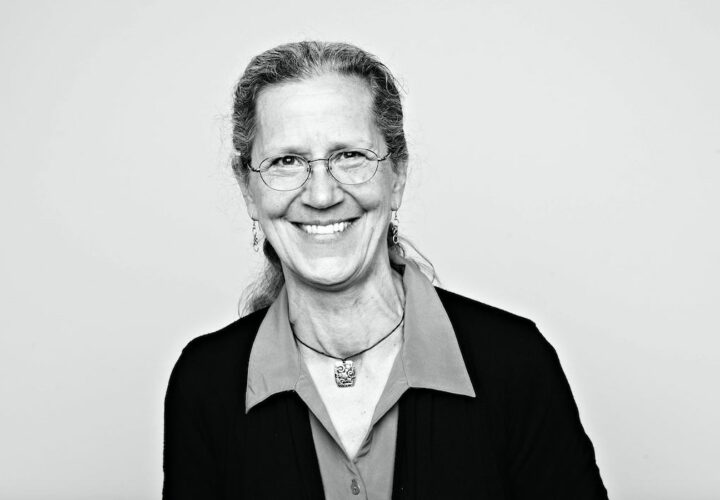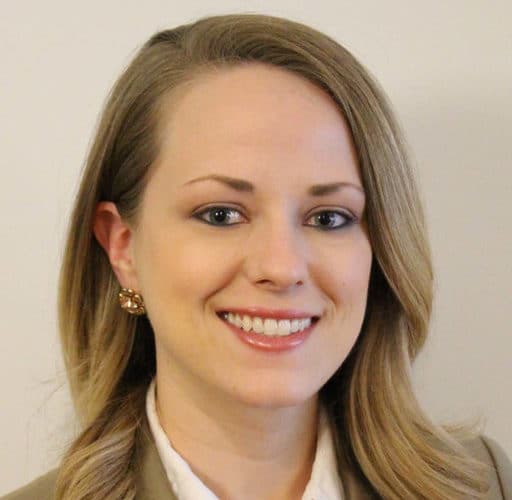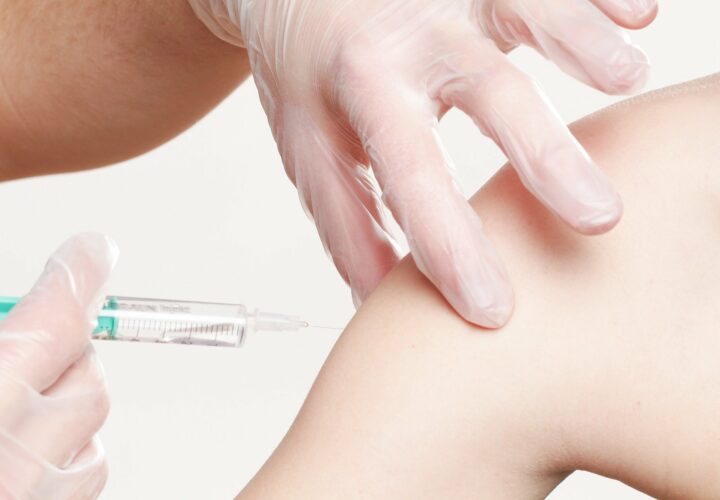A recent survey by UsAgainstAlzheimer’s found that two thirds of respondents from the Alzheimer’s community intend to get a COVID-19 vaccine when one becomes available — nearly double the percentage of the general population.
In the survey administered by the nonprofit organization UsAgainstAlzheimer’s this month, 60 percent of respondents intend to get a COVID-19 vaccine when it is available, and 69 percent of caregivers with loved ones in a long-term care community say they intend to request a COVID-19 vaccine for their loved ones as well, first citing needs for robust, trustworthy data on the vaccine’s safety and efficacy.
COVID-19 has compounded the already prevalent epidemic of Alzheimer’s: As of July 2020, the dementia and Alzheimer’s fatality rate was nearly 20 percent higher than the average in recent years. But experts say a COVID-19 vaccine could be available sooner for vulnerable populations, including people living in long-term care facilities and older adults living with Alzheimer’s and dementia, than for the general public.
The new US National Academies of Sciences, Engineering, and Medicine (NASEM) draft plan for a novel coronavirus vaccine reflects this goal: After healthcare workers, “medically vulnerable groups” may be among the first to receive a vaccine, including older adults in long-term care facilities. An estimated half of long-term care facility residents in the U.S. have Alzheimer’s or dementia.
In the UsAgainstAlzheimer’s survey, one in 10 respondents said they would not take the vaccine, and 30 percent were unsure, echoing broader, national concerns that political agendas are influencing or rushing drug development.
“I would need to be assured that its safety has been verified and that it hasn’t been rushed to market for political purposes,” one respondent commented.
Consistent with previous UsAgainstAlzheim
The situation is also increasingly challenging and stressful for caregivers. Nearly eight in 10 reported having one or more stress symptoms typically found in people experiencing severe stress, with many reporting that heightened stress levels are impacting their ability to adequately care for loved ones.
See the related links below for guidance from experts including Lori Nisson at Banner Alzheimer’s Institute and Dr. Steven Sabat, neuropsychiatrist at Georgetown, on caregiving in the time of COVID-19.
Contact Alexandra Marvar at alex@beingpatient.com






